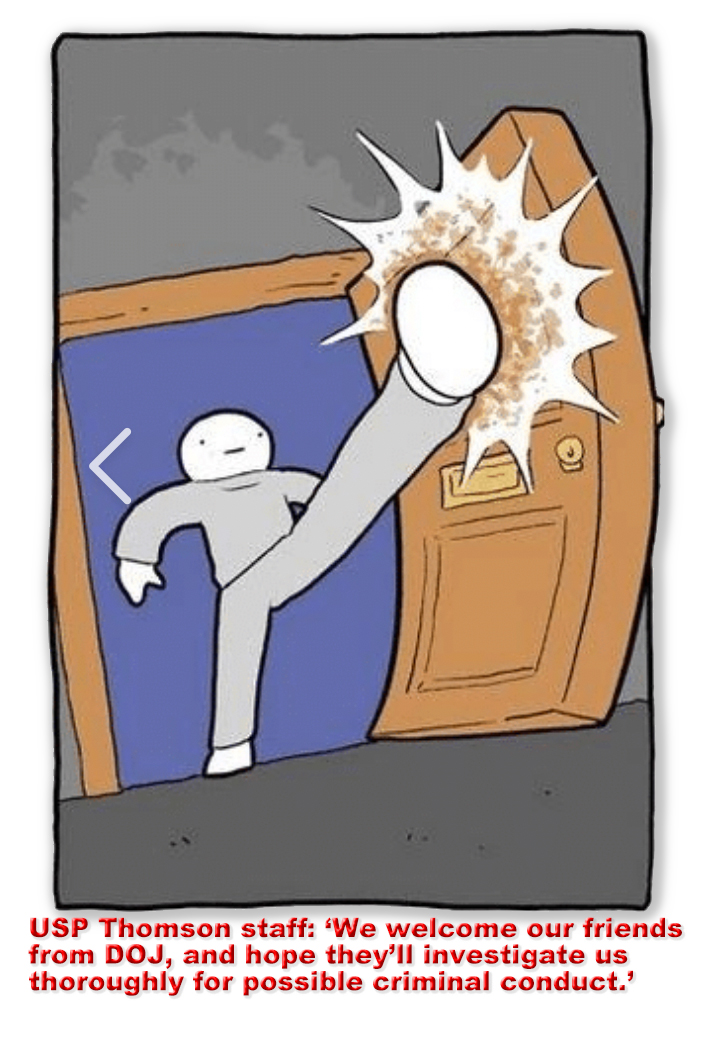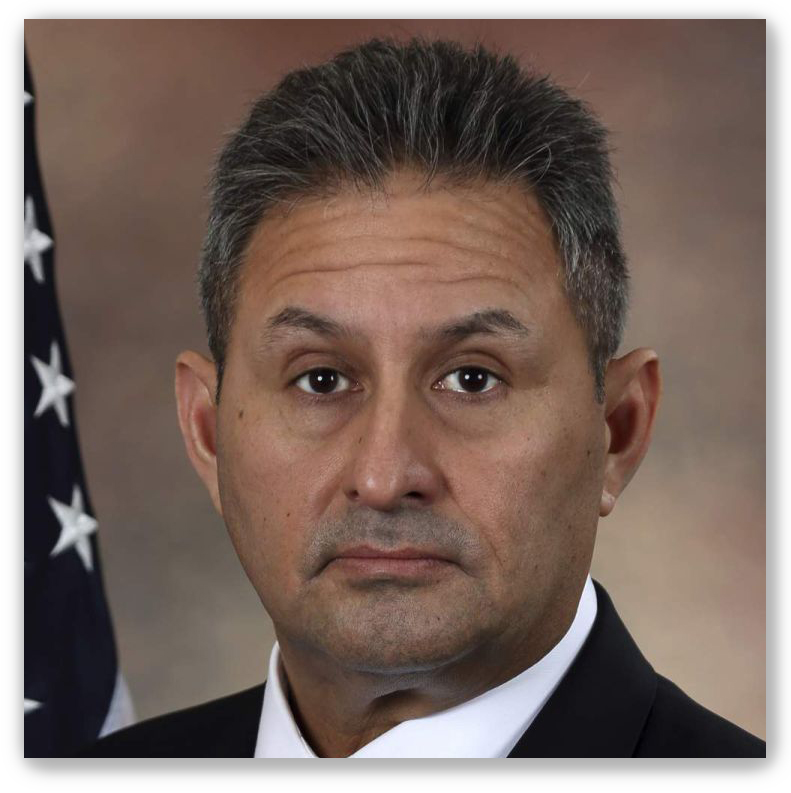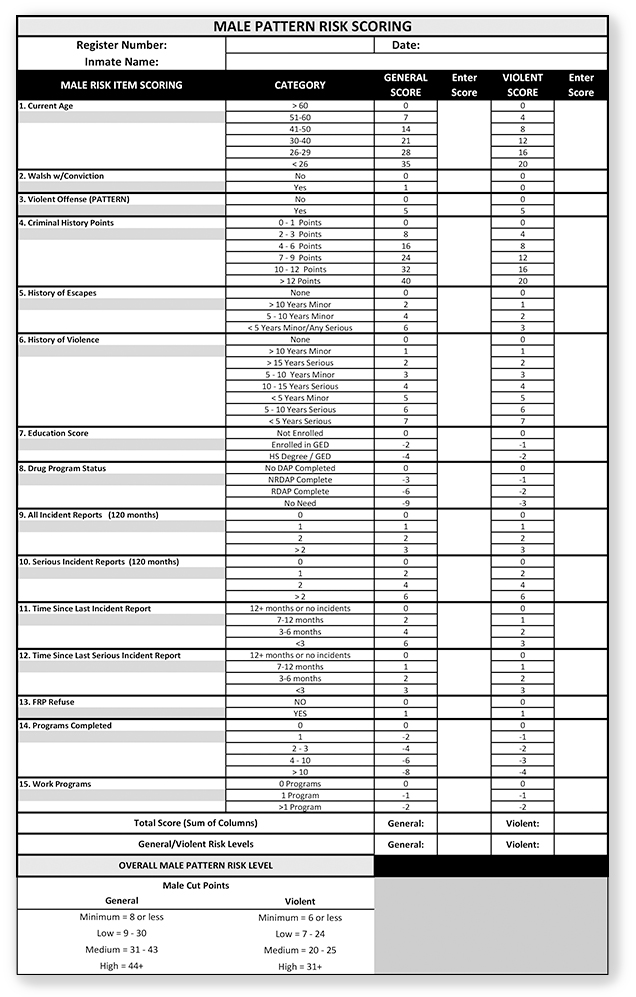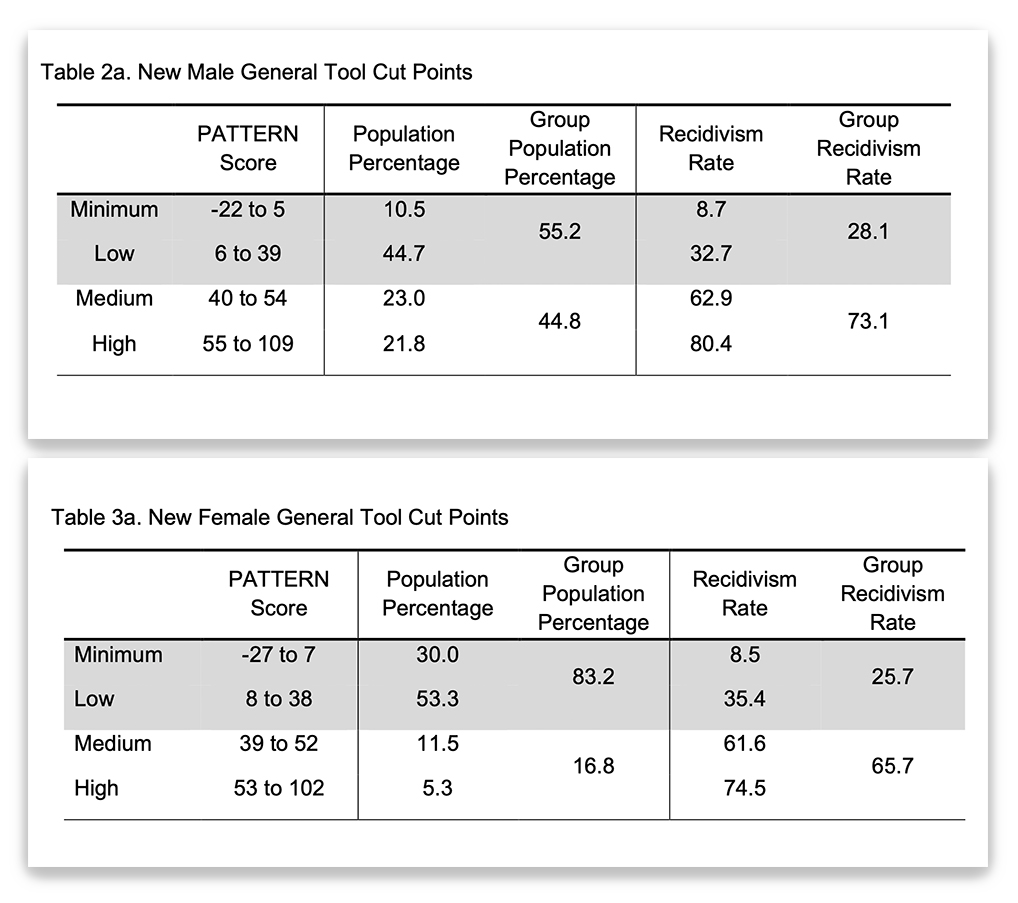 We post news and comment on federal criminal justice issues, focused primarily on trial and post-conviction matters, legislative initiatives, and sentencing issues.
We post news and comment on federal criminal justice issues, focused primarily on trial and post-conviction matters, legislative initiatives, and sentencing issues.
Today, we’re cleaning up the week with some odds and ends left over from the week before…

Judiciary Committee Grills Sentencing Committee Nominees: President Biden’s seven nominees to the U.S. Sentencing Commission promised at a Senate hearing last week to prioritize implementing the First Step Act by amending the Guidelines, something the Commission had been unable to do since losing its quorum just as the 2018 law passed.
U.S. District Judge Carlton Reeves (S.D. Miss), nominated to be chairman of the USSC, told the Judiciary Committee that the Commission would also address what he called “troubling” divisions that emerged among courts on sentencing issues during the years it lacked a quorum.
Four Democrat and three Republican picks have been nominated to join the seven-member commission.
Senior U.S. District Judge Charles Breyer (N.D. Cal.), the lone remaining member of USSC, has complained that the Commission’s inability to update its compassionate release policy (USSC § 1B1.13) in light of First Step has resulted in inconsistent decisions across the nation on compassionate release amid the COVID-19 pandemic.
“Today, we take an important step to remedy that problem,” said Judiciary Committee chairman Sen Richard Durbin (D-IL).
Sen Marsha Blackburn (R-TN) jumped on one Democratic nominee, former U.S. District Judge John Gleeson. Gleeson, one of the most thoughtful and creative sentencing judges during his time on the E.D.N.Y. bench, has been a critic of mandatory minimum drug sentences.
“How can you possibly say that more lenient sentencing and reduced penalties for convicted criminals is the answer to our crime problems?” Blackburn complained. Gleeson, now a partner at a Wall Street law firm, responded that as a judge he tried only to show the impact mandatory sentences have on “the individualized sentencing that our system contemplates.”
 Meanwhile, former federal defender Laura Mate, a director of the Federal Defenders’ Sentencing Resource Counsel Project, refused demands by Sen Josh Hawley (R-MO) to renounce a detailed 61-page letter to the Sentencing Commission she had co-signed in 2013. The letter had criticized mandatory minimums, especially for some child pornography offenses, with a detailed, well-reasoned argument.
Meanwhile, former federal defender Laura Mate, a director of the Federal Defenders’ Sentencing Resource Counsel Project, refused demands by Sen Josh Hawley (R-MO) to renounce a detailed 61-page letter to the Sentencing Commission she had co-signed in 2013. The letter had criticized mandatory minimums, especially for some child pornography offenses, with a detailed, well-reasoned argument.
Mate was pilloried by at least one YouTuber for politely dodging Hawley’s question, but given what I know of the good Senator from the Show-Me State, I would resist agreeing with him that the sun rises in the east, because he would end our exchange accusing me of causing dawn to arrive too early.
Republican USSC nominees include Claire McCusker Murray, a Justice Department official during the Trump era; Candice Wong, a federal prosecutor in Washington, D.C., and U.S. District Judge Claria Horn Boom of Kentucky.
The hearing suggests that the Senate will act soon on restoring a functional Sentencing Commission. However, as Ohio State University law professor Doug Berman observed in his Sentencing Law and Policy blog, “it is still unclear exactly when there will be a committee vote and then a full Senate vote on these nominees. I am hopeful these votes might take place this summer, but I should know better than to make any predictions about the pace of work by Congress.”
Senate Judiciary Committee, Hearing (June 8, 2022)
Reuters, Biden’s sentencing panel noms vow to implement criminal justice reform law (June 8, 2022)
Sentencing Law and Policy, Senate conducts hearing for nominees for US Sentencing Commission (June 8, 2022)
Federal Defenders, Letter to Sentencing Commission (July 15, 2013)

 Last Week Makes Mike Long for Retirement: BOP Director Carvajal is probably giddy at the prospect that his replacement is finally waiting in the wings.
Last Week Makes Mike Long for Retirement: BOP Director Carvajal is probably giddy at the prospect that his replacement is finally waiting in the wings.
Besides the USP Thomson investigation being announced last week, the BOP suffered some embarrassing press last week:
• A Miami TV station reported on a CO’s claim that drones were being used to smuggle contraband into FDC Miami;
• A Colorado paper reported that the BOP was paying $300,000 in damages to an ADX Florence inmate with Type 1 diabetes who alleged in a lawsuit that he had been denied adequate amounts of insulin;
• A San Francisco area TV station reported that a former FCI Dublin inmate – who early on told BOP authorities about what has turned into a major sex abuse scandal featuring the arrest of a former warden and four other staffers – says she was punished in retaliation for calling out the staff abuse. “I will never tell another inmate that they should go to report anything to anyone higher up,” the former prisoner told KTVU. “Because all that’s going to happen is it’s going to make their life worse.”; and
• A former correctional officer at the Federal Medical Center in Lexington, Kentucky, was sentenced to more than 11 years after pleading guilty to sexual abuse of inmates.
Finally, in February, Carvajal told a Congressional committee that the “common criticism” that the BOP is understaffed was a “narrative [that] is routinely misrepresented without reference to the factual data.” Two weeks ago, he told BOP staff in an agency-wide memo that “staffing levels are currently trending downward nationwide.”
Last week, Government Executive reported that the declines have happened in the last four months and that the employees who have quit cite “lack of training and lack of connection to the institution as reasons for their leaving the bureau within the first few years of service.”
Mike must be thinking that the old rocking chair is looking pretty good right now.
WQAD-TV, Justice Department Inspector General launches investigation into USP Thomson (June 9, 2022)
WTVJ, Inmates Attempted to Smuggle Contraband Using Drones, Correctional Officer Says (June 8, 2022)
Colorado Sun, Bureau of Prisons to pay $300,000 to settle lawsuit after diabetic prisoner was allegedly deprived of insulin at Supermax facility (June 7, 2022)
KTVU, Woman who reported Dublin prison sexual abuse claims she was target of retaliation (June 10, 2022)
Government Executive, Federal Prisons Are Losing Staff. The Bureau’s Director Would Like to Fix That By October (June 6, 2022)
– Thomas L. Root























